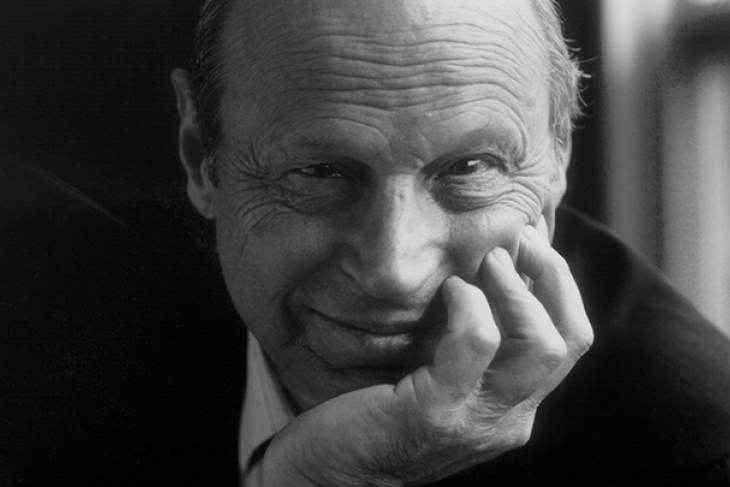Children cannot be truly literate without knowing about history, science, art, music, literature, civics, geography, and more. Indeed, they cannot satisfactorily comprehend what they read unless they possess the background knowledge that makes such comprehension possible. Yet most American primary schools have been marching in the opposite direction: treating reading only as a “skill” and pushing off history, science, art, and music “until later.”
This problem grows more serious with the advent of the Common Core State Standards for English Language Arts, which take for granted that children expected to meet those standards are being supplied with a content-rich curriculum. In far too many U.S. schools, however, that is simply not happening.
So what should we do?
Commit to implanting a sequential, content-rich curriculum in the country’s elementary and middle schools.
Learn about E. D. Hirsch in this short video that follows his career, how he came to develop the Core Knowledge curriculum, and his thoughts on the future of the Common Core. Featured in the video are prominent education reformers such as David Coleman, Joel Klein, Chester E. Finn, Jr., Tom Birmingham, Randi Weingarten, Valarie Lewis, Sol Stern, Kati Haycock, and Dan Willingham.



